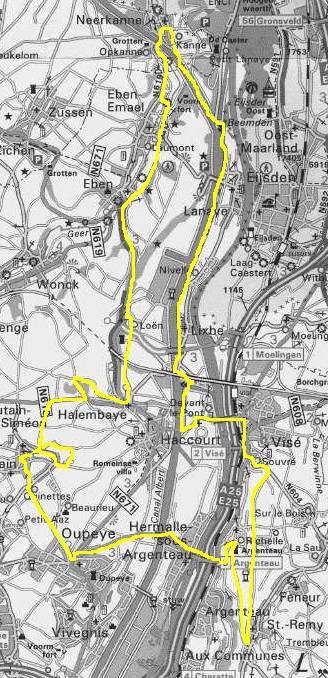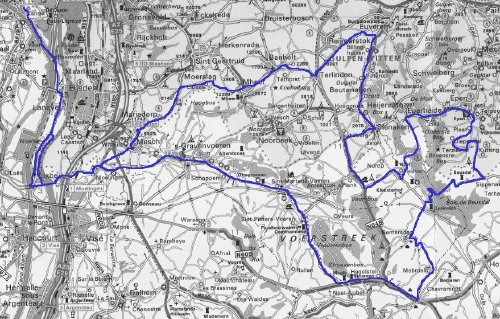Usable as quotes, I suppose. But because Virno does not touch upon the role of new media at all, his 4 seminars on the multitude do not really ‘apply’ to any reality nor research I’m involved in now. Not even when he touches upon the coupling of private/public. Yet am happy to’ve read it. If only, for me, as an update on Aristotle and Marx.
‘Private signifies not only something personal, not only something which concerns the inner life of this person or that; private signifies above all deprived off: deprived of a voice, deprived of a public presence. In liberal thought the multitude survives as a private dimension. The many are aphasic and far removed from the sphere of common affairs.’ p. 24
‘I believe that in today’s forms of life one has a direct perception of the fact that the coupling of the terms public-private, as well as the coupling of the terms collective-individual, can no longer stand up on their own, that they are gasping for air, burning themselves out.’ p. 24
‘The contemporary multitude is composed neither of “citizens” nor of “producers”; it occupies a middle region between “individual and collective”; for the multitude, then, the distinction between “public” and “private” is in no way validated. And it is precisely because of the dissolution of the coupling of these terms, for so long held to be obvious, that one can no longer speak of a people converging into the unity of the state.’ p. 25
‘One could say perhaps that “not feeling at home” is in fact a distinctive trait of the concept of the multitude.’ p. 34
‘The One of the multitude, then, is not the One of the people. The multitude does not converge into a volonté generale for one simple reason: because it already has access to a general intellect.’ p. 42
‘In the Nicomachean Ethics Aristotle distinguishes labor (or poiesis) from political action (or praxis) , utilizing precisely the notion virtuosity: we have labor when an object is produced, an opus which can be separated from action; we have praxis when the purpose of action is founded in action itself.’ p. 52
‘One could say that every political action is virtuosic. Every political action, in fact, shares with virtuosity as sense of contingency, the absence of a “finished product”.’ p. 53
Paolo Virno, A Grammar of the Multitude, Semiotext(e), Los Angeles & New York, 2004.

